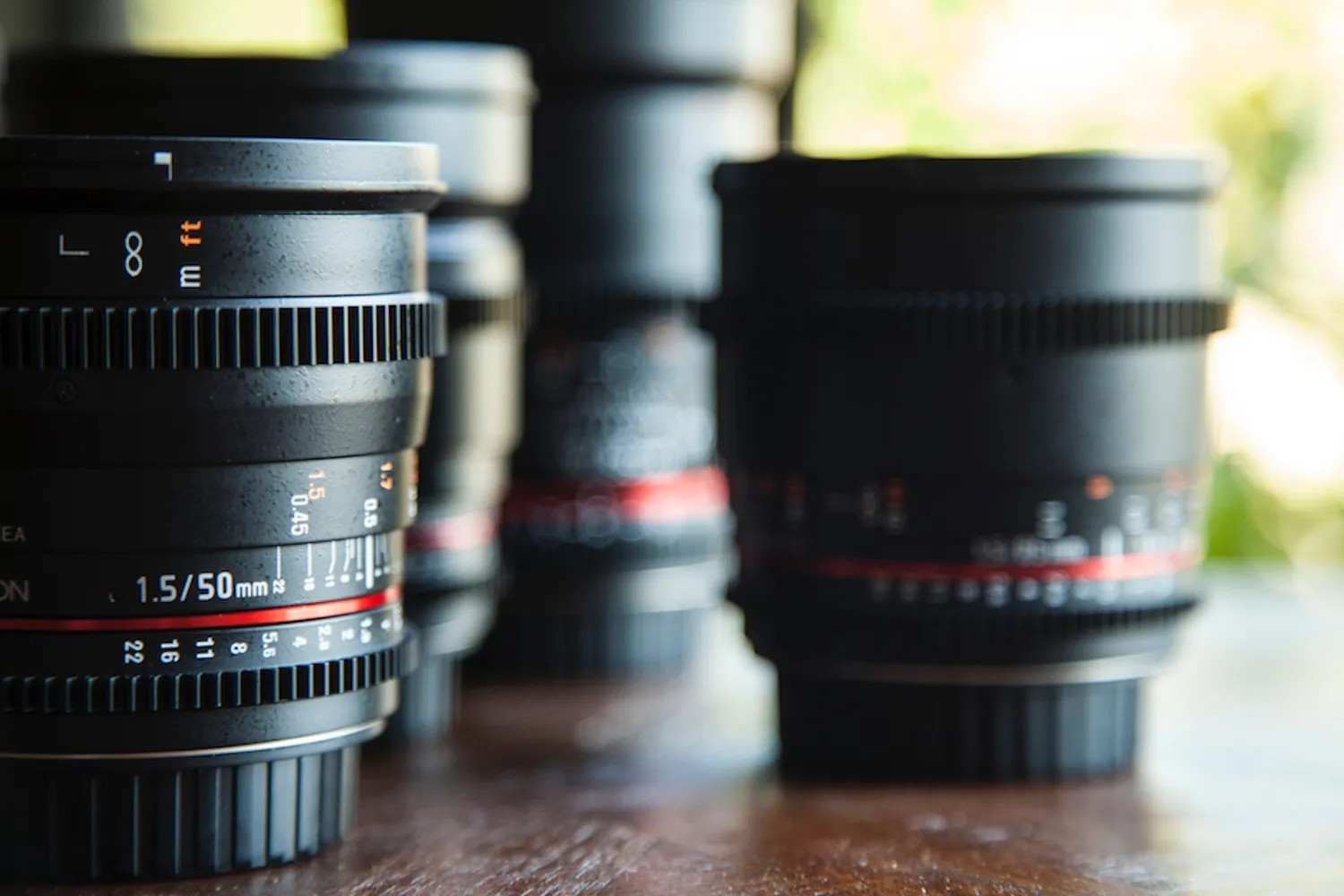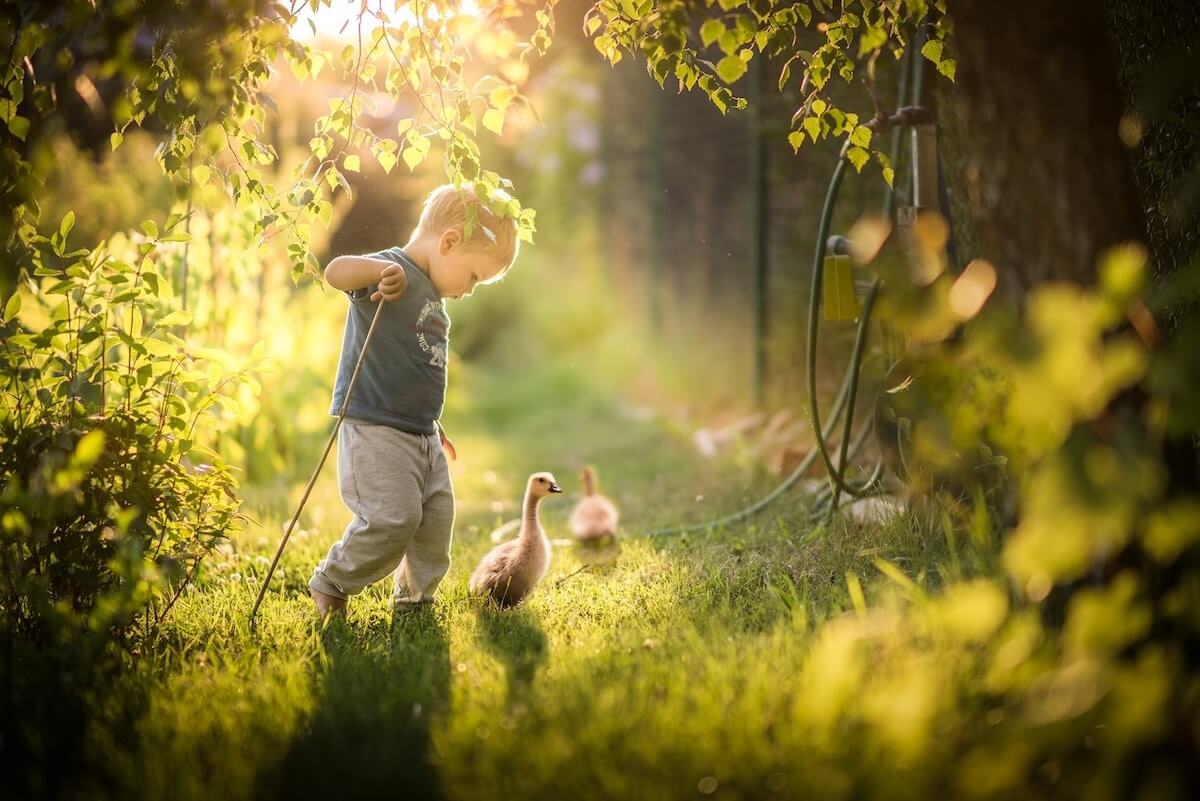Children photography is a wonderful way to capture the innocence, joy, and spontaneity of childhood. Whether you’re a professional photographer or a parent who loves taking pictures, knowing the right techniques can make a big difference.
From choosing the right camera and lens to keeping kids engaged during a shoot, this guide will help you master children photography with ease.
Children Photography: Choosing The Right Camera And Lens
Selecting the Right Camera
When photographing children, you need a camera that can quickly capture their unpredictable movements. Mirrorless and DSLR cameras with fast autofocus and high shutter speed are ideal. Some recommended models include:
- Canon EOS R6 – Fast autofocus and excellent image quality.
- Sony A7 IV – Ideal for low-light situations and action shots.
- Nikon Z6 II – Great for capturing dynamic moments with high detail.
Best Lenses for Children Photography
- 50mm f/1.8 Lens – Great for portraits and creating beautiful background blur.
- 85mm f/1.4 Lens – Produces professional-looking close-ups with stunning bokeh.
- 24-70mm f/2.8 Lens – A versatile zoom lens that allows flexibility in framing shots.
Key Camera Settings for Capturing Movement
- Shutter Speed: Use at least 1/500s to freeze motion.
- Aperture: A wide aperture (f/1.8 – f/2.8) creates a soft background.
- ISO Settings: Adjust based on lighting conditions to avoid grainy images.
The Importance Of Lighting In Outdoor And Indoor Photography
Using Natural Light for the Best Results
- Golden Hour: Shoot during sunrise or sunset for soft, flattering light.
- Window Light: For indoor photography, position children near a window for even lighting.
- Cloudy Days: Perfect for outdoor shoots as the diffused light reduces harsh shadows.
Avoid Harsh Shadows and Overexposed Highlights
- Use Reflectors: A white reflector helps bounce natural light onto the child’s face.
- Find Shade: If shooting in bright sunlight, place children under trees or near buildings to avoid harsh light.
Artificial Lighting for Indoor Shoots
- Softbox or Diffused Flash: Provides even lighting without harsh shadows.
- Ring Light: Works well for capturing close-up shots indoors.
Capturing Genuine Emotions In Children Photography
Make the Child Feel Comfortable
A relaxed and happy child will give you the best expressions. Try playing their favorite music or engaging in a fun activity before taking pictures.
Let Them Play Naturally
Instead of forcing a pose, capture real moments while they explore, laugh, and move freely.
Engage in Conversations
Ask them fun questions or tell a joke to capture authentic reactions.
Use Burst Mode for Candid Shots
Since children move quickly, continuous shooting mode ensures you don’t miss a special moment.
How To Keep Kids Engaged During A Photoshoot
Make the Photoshoot Fun
- Use toys, bubbles, or balloons to make the session feel like playtime.
- Let them run, jump, or spin to capture movement.
Give Them Small Tasks
- Ask them to pick a flower, look for birds, or pretend to be superheroes.
- This keeps them focused and gives you natural, story-driven photos.
Encourage Interaction with Family or Friends
- Pair them with a sibling or pet for more relaxed and meaningful shots.
- Capture moments where they hug, laugh, or hold hands.
Editing Tricks To Make Your Photos Look More Professional
Enhance Natural Colors Without Overprocessing
- Slightly increase brightness and contrast for a balanced look.
- Keep skin tones natural by avoiding excessive saturation.
Sharpen Key Details
- Adjust clarity and sharpness to highlight eyes and facial features.
- Reduce noise in low-light images for a cleaner finish.
Experiment with Black and White Photography
- Converting some images to black and white can add a timeless, artistic feel.
Crop and Frame for Better Composition
- Follow the rule of thirds to create a more engaging visual flow.
- Remove distractions from the background to keep focus on the child.
See you in the next post,
Anil UZUN

